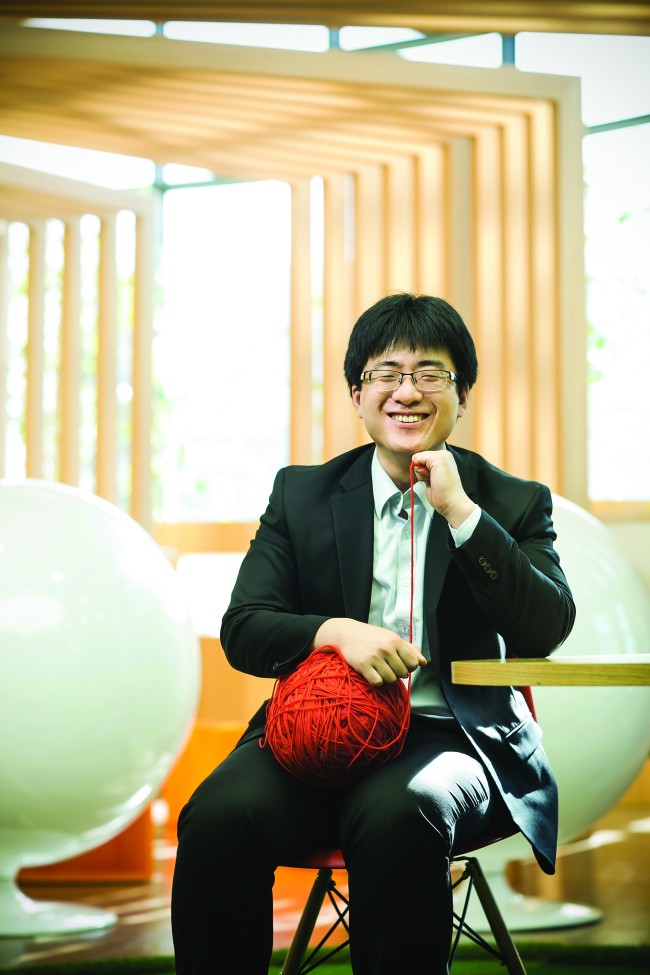
Noh Sang-eun
One pint of blood can save up to three lives. With this in mind, Noh Sang-eun, a 27-year-old office worker in Changwon, South Gyeongsang Province, has saved hundreds of lives by donating blood once every two or three weeks for more than 10 years.
Noh has made it onto the Red Cross list of those who have donated blood more than 100 times. In Korea, some 6,600 donors have done so, with Noh donating blood 114 times since 2002.
“I was proud of myself at first but realized soon that there were about 2,600 donors who have done more than I did,” he said in an interview. “I felt like I still had long way to go.”
His blood donations, which started rather haphazardly during high school, have now become a great source of pleasure and personal confidence.
“My seemingly small efforts are not insignificant for those who suffer from illness. Compared to their pains, spending a short time on the bed with a syringe inserted into my arm is nothing,” he said.
The most common method of blood donation, a whole blood donation from the donor’s vein into a container, takes only five minutes and can be carried out only once every two months. In addition to regularly donating whole blood, Noh also gives blood through the process of apheresis. This involves separating particular constituents such as plasma or platelets from the blood and returning the remainder to the donor.
It usually takes at least an hour to return the red blood cells to the donor. Aspheresis can be done more frequently than other kinds of blood donation. Noh donates 400 milliliters of platelets every two weeks. Doing so more frequently would harm his health.
Besides putting him on the Red Cross honorary list, the philanthropic activity has also changed his life pattern. He works out more often now and avoids alcohol during the week before a scheduled blood donation. He does not even eat ramen during this period.
“I was once told by a nurse that components of ramen tend to remain in donated blood if I eat ramen right before it. So I stopped eating it for one week before the blood donation,” he said. “I just want to do my best while I do it.”
He has sometimes brought friends to the blood drive center, but does not strongly recommend giving blood.
“This is a physical health issue. People need to decide after considering their health conditions,” he said, adding he wants to continue his donations for as long as his physical condition allows. “Blood donation is the easiest way of sharing love with others.”
By Lee Hyun-jeong
(rene@heraldcorp.com)






![[Graphic News] More Koreans say they plan long-distance trips this year](http://res.heraldm.com/phpwas/restmb_idxmake.php?idx=645&simg=/content/image/2024/04/17/20240417050828_0.gif&u=)